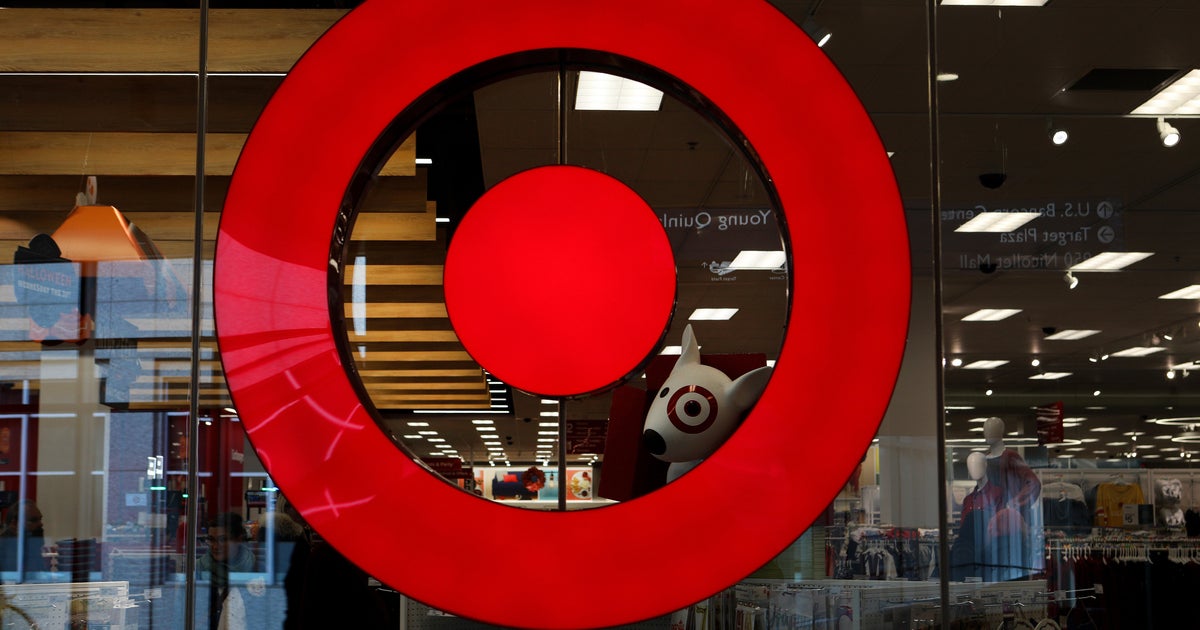Family Dollar hopes to win back customers by lowering prices
By Nathaniel Meyersohn, CNN Business
Family Dollar has lost ground in the dollar store race for years. Now, the discount chain hopes lowering prices will help win back customers on tight budgets.
Its main competition is the much larger Dollar General, which has grown rapidly over the past decade. The companies battle for many of the same low-income shoppers in cities and rural areas, and both sell mostly food and everyday items for between $1 and $10.
But Family Dollar's prices can be 10% to 15% higher than Dollar General's and other discount competitors. Higher prices have contributed to weak performance, so the chain is dropping those prices in an effort to better compete.
The price cuts are part of Family Dollar's new management's attempt to overhaul the company's brand image, and they come as most companies are raising prices to offset higher costs and consumers battle decades-high inflation. Even Dollar Tree - Family Dollar's parent company that caters to middle-class, suburban shoppers - hiked prices to $1.25 last year after 35 years of sticking to $1.
Although lower prices will squeeze Family Dollar's profit in the short term, the executives believe the measures are necessary to revive the chain.
Family Dollar has not said by how much its prices will drop, and a spokesperson noted prices change constantly and vary by product. Analysts estimate that the chain's prices have fallen by around 5% since the company announced the initiative in August.
Prices are at "parity with key competitors," Dollar Tree CEO Michael Witynski said on an earnings call last week. "Family Dollar, from a pricing perspective, is in the best position in more than a decade."
The strategy appears to be working so far: Last quarter, foot traffic to Family Dollar stores increased for the first time in three years.
"It's a logical step," Michael Montani, a retail analyst at Evercore ISI, said of the price cuts. "Now can they build on that momentum?"
Family Dollar, with its 8,000 or so locations, has been plagued by a range of issues including cluttered, understaffed, and, in some cases, hazardous stores. Shoppers have shifted to Dollar General, Walmart, Target and other low-priced chains to stretch their budgets.
Dollar Tree bought Family Dollar in 2014 for almost $9 billion, but these problems started before the acquisition, according to analysts. Still, the combined company has struggled in the eight years since then and its stock price has trailed competitors. Some Wall Street investors have pressed Dollar Tree to sell Family Dollar.
Family Dollar has closed hundreds of locations in recent years and renovated others. The chain has also experimented with different formats to try to improve sales - such as "combination" stores that feature selections of both Family Dollar and Dollar Tree merchandise, designed specifically for small towns. And new "H2" Family Dollar stores showcasing special Dollar Tree $1.25 merchandise sections and more freezers and refrigerators than traditional Family Dollar stores.
The company hopes these lower prices, new store designs and better merchandise will reverse Family Dollar's decline.
"Let's clean it up, fill it up and straighten it up," Witynski said.







